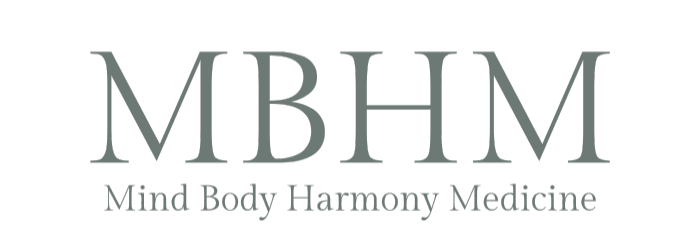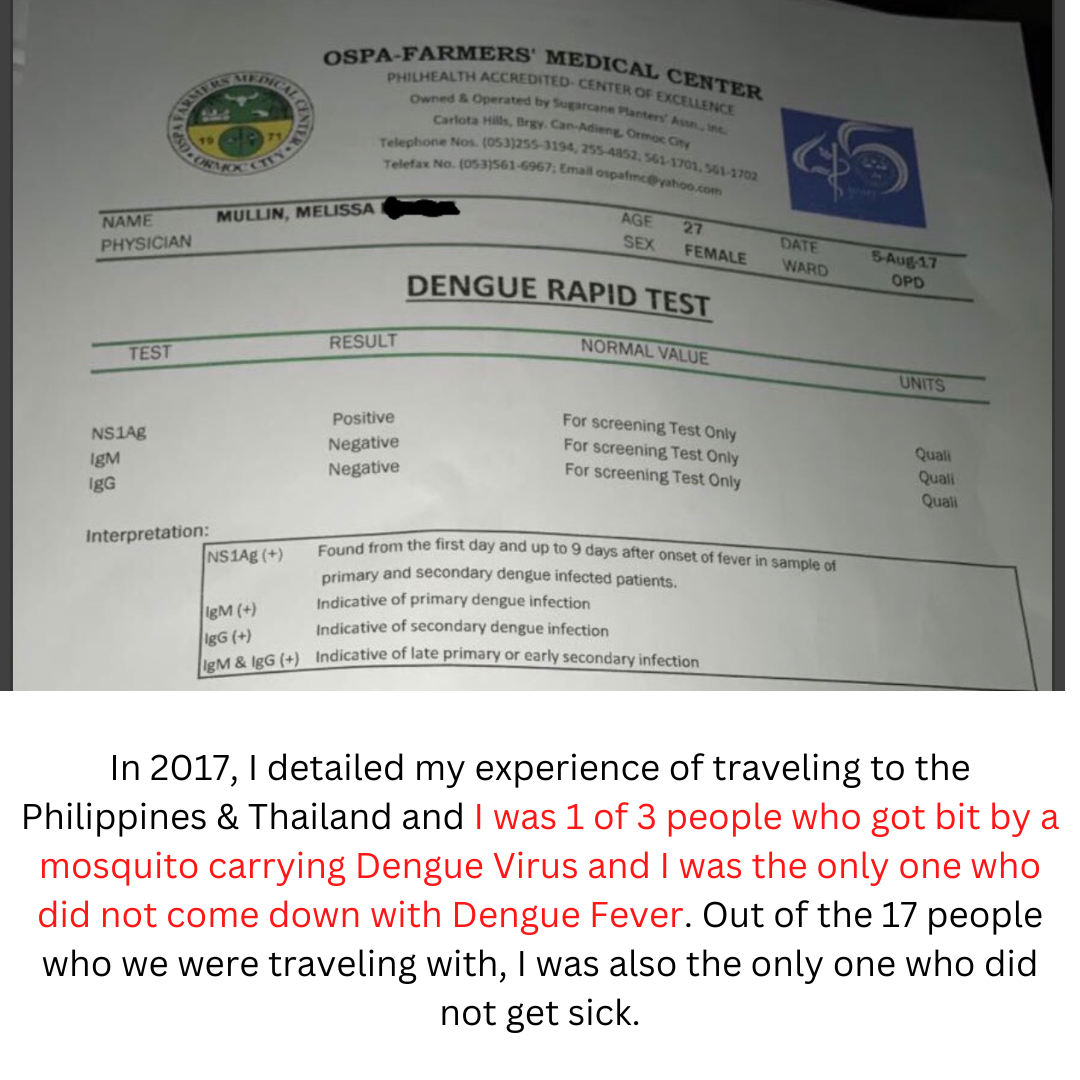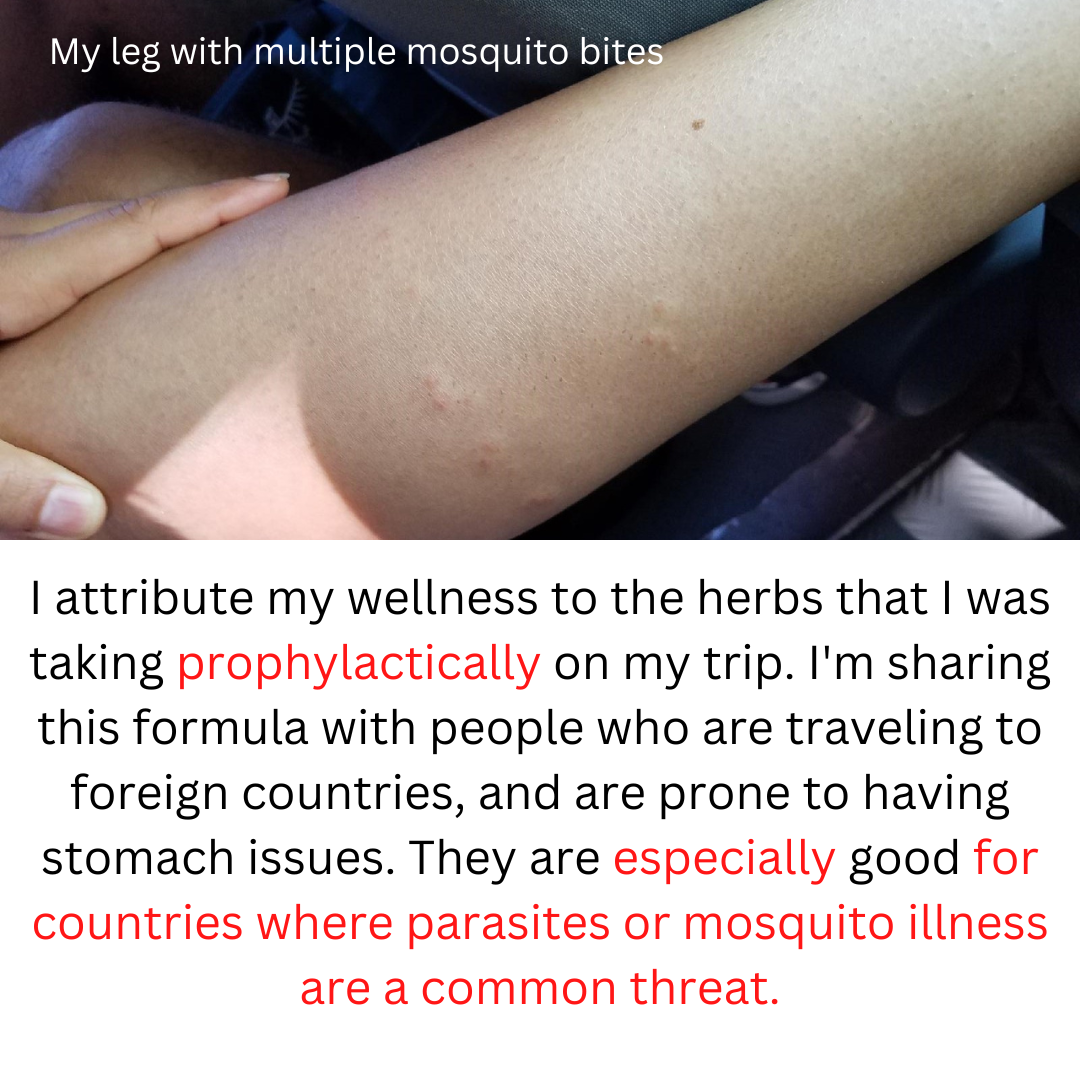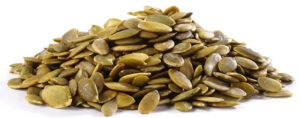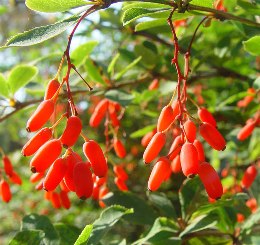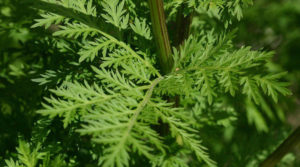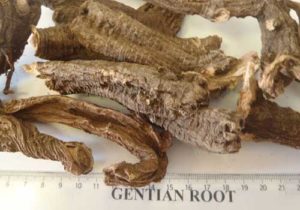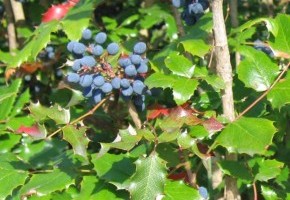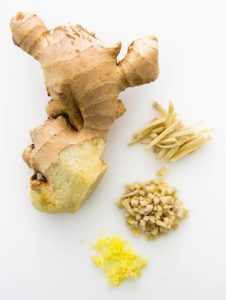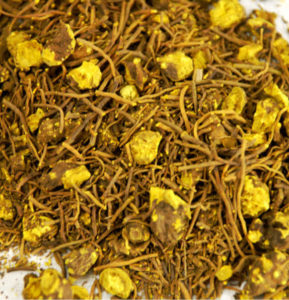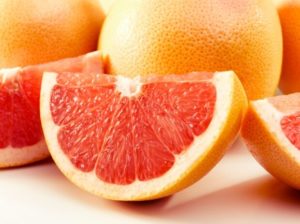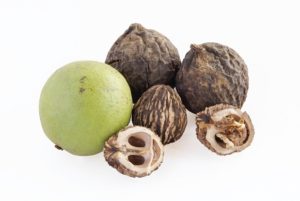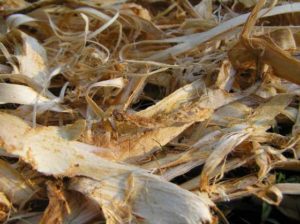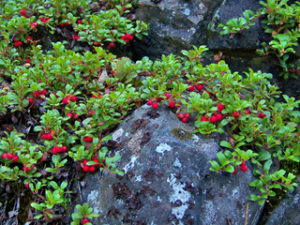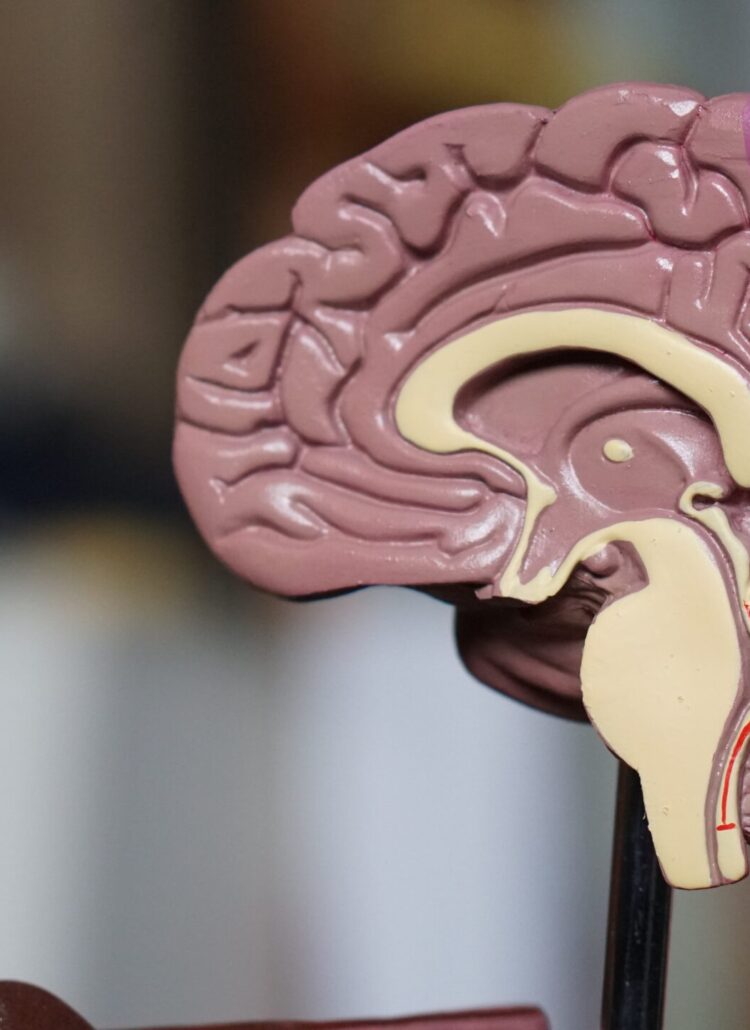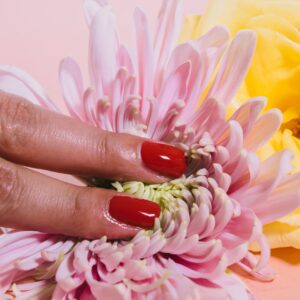Since the release of my travel supplements in 2017, the dynamic duo has been all over the world and saved people from traveler’s sickness (Montezuma’s Revenge, Dysentery, Bali Belly) in the countries of Bali, Indonesia, India, the Amazon, Thailand, Vietnam, South Africa, and Mexico.
The Pandemic of 2020 has caused research to further evolve in order to find different treatment approaches for COVID-19.
In 2021 newer studies found the herb Artemisia annua (Sweet Wormwood) to be effective in treating COVID-19. Earlier studies from 2005 had found this herb to be effective in treating other strains of coronavirus.
Thus, ‘Travel Insurance‘ was born!

Why the Travel Insurance Bundle Works
Every herb that is in “Travel Insurance I & II” has loads of scientific studies backing their efficacy in maintaining a healthy gut microbiome to prevent severe infection if exposed. The key is fortifying the immune system response BEFORE you come in contact with a pathogen.
Travel Insurance I & II 60c Ingredients:
Pumpkin Seed – Cucurbita Pepo Seed
Parasites & Worms
- Pumpkin Seeds have properties that have been shown in studies to inhibit drug-resistant parasites and roundworms in both humans and livestock.
European Barberry Root – Berberis Vulgaris & East Asian Barberry Root – Berberis Lycium
An Anti-plasmodial drug is an anti-parasitic drug that is effective against Apicomplexan parasites in the genus Plasmodium. The genus contains over 200 species and includes those responsible for malaria.
Malaria
- Studies on Barberry Root provide evidence for the medicinal use of this plant as a malaria remedy.
Sandflies Parasite
- In regards to Cutaneous Leishmaniasis, skin lesions that come from the bite of a parasite known as “sandflies”- Barberry Root showed that the root bark extract has good suppression effects on parasites. Therefore, it might be a pro for developing new antileishmanial drugs.
Coccidiosis Parasite
- Anticoccidial activity – Coccidiosis is a parasitic disease of the intestinal tract of animals caused by coccidian protozoa. The disease spreads from one animal to another by contact with infected feces or ingestion of infected tissue. Diarrhea, which may become bloody in severe cases, is the primary symptom.
- The most common coccidia found in dogs does not have any effect on humans. However, less common types of coccidia are potentially infectious to humans. One parasite, called Cryptosporidium, may be carried by dogs or cats and may be transmitted to people.
- There is increasing resistance of these parasites to currently used anti-coccidial drugs, so Barberry Root extract can be an alternative.
Wormwood – Artemisia Annua
Malaria
- Considering that for > 2000 years this plant was used in traditional Chinese medicine for the treatment of fever with no apparent appearance of artemisinin drug resistance, the evidence argues for the inclusion of wormwood into the arsenal of drugs to combat malaria and other artemisinin-susceptible diseases. All malarial drugs are derived from this herb.
Dengue & Malaria
Malaria and Dengue are the two most important mosquito-borne human diseases caused by the mosquitos Anopheles stephensi and Aedes aegypti.
Of the various strategies adopted for eliminating these diseases, controlling Mosquitoes through herbs has been reckoned as one of the important measures for preventing their resurgence.
Scientific research into the anti-malarial activity of wormwood began in the early 1970s in response to the increasing resistance to established anti-malarial drugs of the protozoan parasites that cause malaria ( Plasmodium species).
- The chemical artemisinin, which occurs naturally in the leaves of wormwood, is a potent anti-malarial agent and can kill the most deadly malarial parasite
- Wormwood strongly proved to be an effective insecticide that specifically targeted both species of mosquito that carry Dengue and Malaria in the larval life stage.
- Even using the essential oils of wormwood are eco-friendly, safer potent sources of natural larvicide against the mosquitos carrying Dengue.
Toxoplasmosis gondii, giardia, babesia:
Parasites that may cause schizophrenia, has mind altering capabilities, severe abdominal cramping and bloody stools.
- Meta analysis of both invitro (cell studies) and invivo (human/animal) studies found artemisia annua had good anti-parasitic effects on non-malarial parasites and worked well for these protozoan parasites.
Blastocystis Hominis:
A very common parasite that can cause loose stools, abdominal cramping, triggers autoimmune antibodies against thyroid peroxidase enzyme (Hashimoto’s). Sweet wormwood, blackwalnut hull and berberine rich herbs like Oregon grape can kick this parasite out.
COVID-19:
Research has found Artemisia Annua halts COVID-19 viral replication and can treat the infection.
Arteimsia contains high levels of zinc which assists in stopping viral replication.
Gentian Root – Gentiana
Anti-Inflammatory & Anti-Bacterial
- It is a common Tibetan medicinal herb used for the treatment of tonsillitis, urticaria, and Rheumatoid Arthritis, while the flowers have been used as a Mongolian herb for curing cough, sore throat and eliminating phlegm due to its anti-inflammatory effect.
- Gentian Root has been shown to inhibit the inflammatory cascade caused by bacterial endotoxin Lipopolysaccharides (LPS). This is also a common endotoxin in those with Leaky Gut.
Anti-Viral
Results also demonstrated the anti-viral properties against pathogens that commonly cause respiratory infections.
Oregon Grape Root – Mahonia aquifolium
Anti-Bacterial, Fungal, and Protozoa
- Exhibit antimicrobial activity against Gram-positive and Gram-negative bacteria, fungi, and protozoa.
- Exhibited antimicrobial activity against acne, staphylococci, and candida – antifungal and antibacterial properties against localized skin and mucosal infections.
Ginger Extract -Zingiber officinale
Ginger is an important kitchen spice and also posses myriad health benefits. used since antiquity in the various traditional systems of medicine to treat arthritis, rheumatism, sprains, muscular aches, pains, sore throats, cramps, hypertension, dementia, fever, infectious diseases, catarrh, nervous diseases, gingivitis, toothache, asthma, stroke, and diabetes.
Ginger is also used as a home remedy and is of immense value in treating various gastric ailments like constipation, dyspepsia, belching, bloating, gastritis, epigastric discomfort, gastric ulcerations, indigestion, nausea and vomiting, and scientific studies have validated the ethnomedicinal uses.
Worms & Parasites
- Eliminated roundworm numbers and cytokines production. Ginger also reduced spontaneous parasite movement and killed parasite larvae.
Goldenseal Root – Hydrastis Canadensis
GI Infections & Inflammation
- Significant antimicrobial activity against a variety of organisms including bacteria, viruses, fungi, protozoans, helminths, and chlamydia. Currently, the predominant uses include bacterial diarrhea, intestinal parasite infections, and ocular trachoma infections.
Enhances Effect of Other Anti-microbials
- Goldenseal root acts synergistically to enhance the efficacy of other antimicrobials against pathogenic bacteria.
Bromelain and Peptidase
- These are digestive enzymes that help to break down your foods and improve digestion.
Grapefruit Seed – Citrus paradise
Anti-Fungal
- Grapefruit seed extract was first discovered by Jacob Harich an American immunologist in 1980.
Grapefruit seed extract contains flavonoids, and possesses antibacterial and anti-oxidative properties. It was found to exert a potent antifungal activity against the yeast-like fungi strains. GFS also was shown to exert a potent gastro-protective activity against gastric lesions.
Urinary Tract Infections
- Grapefruit seeds taken orally for 2 weeks successfully treated UTIs caused by 3 different types of bacteria: Klebsiella, Staph & E. Coli. The GFS also caused the reversal of the antibiotic resistance pattern after 2 weeks of treatment. This confirmed the antibacterial characteristic of dried or fresh grapefruit seeds & is comparable to that of proven antibacterial drugs – Holy cow.
Anti-Bacterial
- GFS exhibited the strongest antimicrobial effect against Salmonella & yeasts.
Black Walnut Hull – Juglans nigra
Anti-Candida, Parasite, Fungal
- One of the key active components of the black walnut hull is juglone. Juglone has been shown to inhibit a broad spectrum of microorganisms including bacteria, candida, algae, and fungal infections. Studies have observed that black walnuts can also expel H. Pylori & parasitic worms from the body!
- According to the Pharmaceutical Society of Australia, black walnut is effective against ringworm, tapeworm, pin or threadworm, and other parasites of the intestine.
Slippery Elm Bark – Ulmus rubra
GI Protection
- Slippery Elm has been used traditionally to treat coughing, diarrhea, and gastrointestinal tract diseases by Native Americans. It also helps in the treatment of Inflammatory Bowel Disease because of its antioxidant properties. It also aids in improving digestion.
Goldenseal Root – Hydrastis Canadensis (again)
Anti-Microbial, Anti-Candida
- Goldenseal root contains a phytochemical compound called – Berberine. In some studies, it was shown that berberine extract has significant antimicrobial activity against bacteria, viruses, protozoa, fungi, and yeasts.
Bearberry Leaf – Arctostaphylos uva ursi
Urinary Tract Health
This is also known as Uva ursi. This leaf contains antiseptic & antibacterial properties mostly used for urinary tract health. Combats Candida and streptococcus.
To purchase click: Travel Insurance I: Mosquito + Parasite Formula & Travel Insurance II: Candida + Parasite Formula. They must be taken together for maximum protection and while using it to treat existing parasitic infections
More Helpful Blog Posts on The Gut
- Travel Insurance I & II 60c: Travel without the threat of mosquito, parasite, and bacterial infections
- PROVEN Alternative Ways To Eradicate H. Pylori
- How Our Gut Bacteria Influences Various Heart Diseases & Risk Factors
- A Deficiency In This Fatty Acid Can Be Causing Your Diabetes, Depression, Weight Gain, & Neurodegen. Diseases
- Probiotics Improve Major Depressive Disorder
Sources:
- https://www.ncbi.nlm.nih.gov/pubmed/22684690
- https://www.ncbi.nlm.nih.gov/pubmed/27598135
- https://www.ncbi.nlm.nih.gov/pubmed/25858288
- https://www.ncbi.nlm.nih.gov/pubmed/24337510
- https://www.ncbi.nlm.nih.gov/pubmed/24411651
- https://vcahospitals.com/know-your-pet/coccidiosis-in-dogs
- https://www.ncbi.nlm.nih.gov/pubmed/25678989
- https://www.ncbi.nlm.nih.gov/pubmed/24158647
- https://www.ncbi.nlm.nih.gov/pubmed/23835922
- https://www.ncbi.nlm.nih.gov/pubmed/23157019
- https://www.ncbi.nlm.nih.gov/pubmed/28341392
- https://powo.science.kew.org/taxon/urn:lsid:ipni.org:names:304416-2
- https://www.ncbi.nlm.nih.gov/pubmed/23506994
- https://www.ncbi.nlm.nih.gov/pubmed/25738210
- https://www.ncbi.nlm.nih.gov/pubmed/18072463
- https://www.ncbi.nlm.nih.gov/pubmed/22112724
- https://www.ncbi.nlm.nih.gov/pubmed/15476315
- https://www.ncbi.nlm.nih.gov/pubmed/23612703
- https://www.ncbi.nlm.nih.gov/pubmed/25063389
- https://www.ncbi.nlm.nih.gov/pubmed/16443342
- https://www.ncbi.nlm.nih.gov/pubmed/?term=Hydrastis+Canadensis+parasite
- https://www.ncbi.nlm.nih.gov/pubmed/21157683
- https://www.ncbi.nlm.nih.gov/pubmed/21661731
- https://www.ncbi.nlm.nih.gov/pubmed/16886437
- https://www.ncbi.nlm.nih.gov/pubmed/16425415
- https://www.ncbi.nlm.nih.gov/pubmed/15865506
- https://www.ncbi.nlm.nih.gov/pubmed/15610620
- https://www.ncbi.nlm.nih.gov/pmc/articles/PMC3263051
- https://www.ncbi.nlm.nih.gov/pubmed/24354208
- https://www.ncbi.nlm.nih.gov/pmc/articles/PMC4879420
- https://www.ncbi.nlm.nih.gov/pubmed/28886751
- https://www.ncbi.nlm.nih.gov/pubmed/28245081
